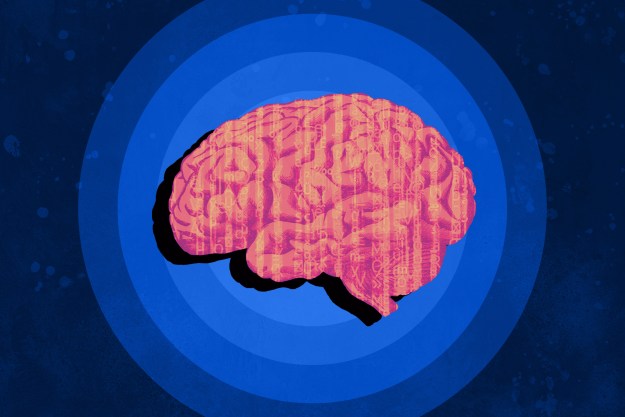Microsoft is leaning on artificial intelligence to help you manage your files and make its OneDrive cloud storage system smarter. Microsoft 365 customers who use OneDrive and SharePoint will soon have access to a number of A.I.-enabled features making it easier to manage and search for multimedia files stored on Microsoft’s cloud.
“Today, we are announcing upcoming capabilities that, along with our recent investments, combine the power of artificial intelligence (A.I.) and machine learning with content stored in OneDrive and SharePoint to help you be more productive, make more informed decisions, and keep more secure,” Microsoft said in a blog post detailing the updates.
One of the big smart changes is that audio and video files stored on OneDrive and SharePoint will get automatic transcriptions. Microsoft says that it is using the same intelligence found on Microsoft Stream. With transcriptions, users can easily search through audio and video files and collaborate with others. Microsoft claims that the feature brings greater accessibility to users as well.

Microsoft will apply A.I. to photo files as well, allowing you to better search for images. Artificial intelligence can be used to analyze a photo, and pull relevant data and information from your captured images, like text, objects in photos, and location information. For example, if you took a photo of your receipt after dinner, you’ll be able to search for “sushi” and have the receipt show up inside your search results.
The Microsoft 365 update also makes it easier to share, collaborate and gain more insights from your files. OneDrive can leverage the power of Microsoft Graph to recommend relevant files to you. The recommendations are based on the A.I.’s understanding of how you work, who you work with, and the type of content you’re working on, Microsoft said. Microsoft will also share some of the insights it learned with you. For example, you can now learn who has viewed your shared files and what they’ve been doing.
And if you’re running a lot of meetings, A.I. will help remind you to share important files, like the PowerPoint slides, meeting notes and handouts, with attendees. “For instance, if you just presented a PowerPoint presentation, you’ll be prompted to share it with the other attendees once the meeting is over,” Microsoft said. “In the OneDrive mobile app, we’ll automatically prompt you to share photos taken during the same meeting, perhaps of a whiteboard where you brainstormed new ideas with your colleagues — all based on your Outlook calendar.”
Microsoft didn’t give a timeline on when these new features are expected to arrive. Likely, some of these features may be showcased at Microsoft’s Ignite conference in late September.
Editors' Recommendations
- OneDrive is ruining my PC gaming setup
- Google’s ChatGPT rival just launched in search. Here’s how to try it
- It’s not just you — Microsoft admits its patches broke OneDrive
- Microsoft quits its creepy, emotion-reading A.I.
- Zoom’s A.I. tech to detect emotion during calls upsets critics


